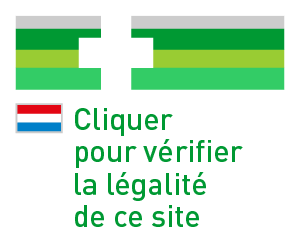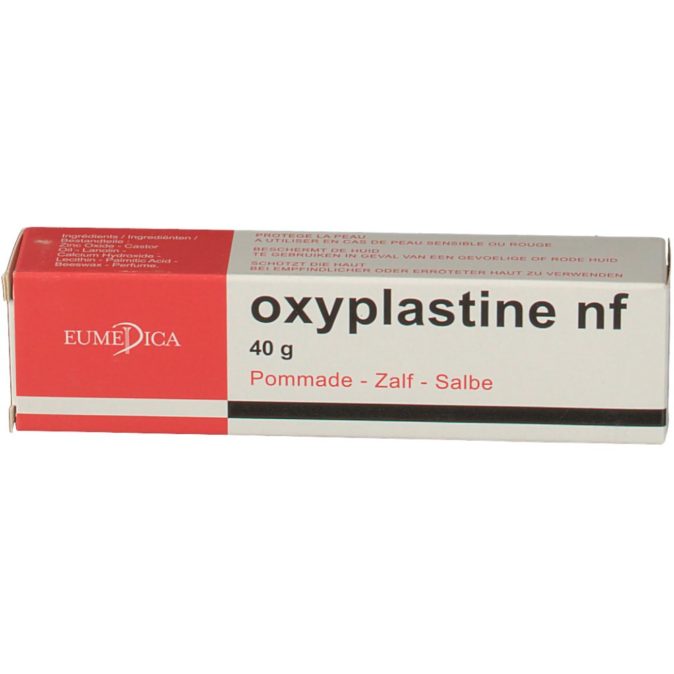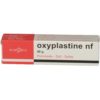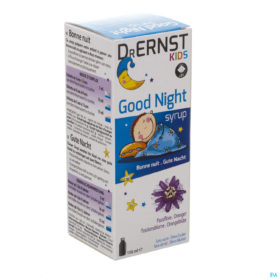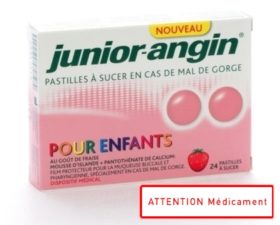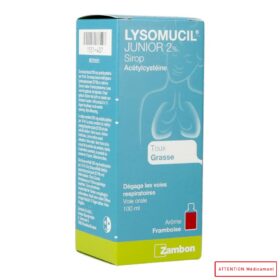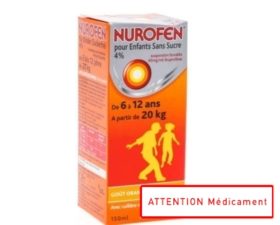Description
Description
Oxyplastine is a protective ointment that contains zinc oxide and is used for sensitive or red skin. Oxyplastine protects the skin.
The advantages of OXYPLASTIN®:
- very good coverage and adhesion
- high fluid absorption capacity
- Anti-inflammatory and wound-healing
- without preservatives and colourants
Indication
Oxyplastin is used in the following cases:
1. in infants and small children: To protect the skin against the wetness of nappies and to treat skin redness and soreness on the buttocks (nappy dermatitis).
2. in general medicine: for the treatment of minor injuries and skin damage. According to the doctor’s instructions as skin protection for artificial anus praeter (anus praeter), creation of an artificial bladder fistula (cystostomy), creation of an external renal fistula (nephrostomy), opening of the anterior wall of the trachea (tracheotomy), under plaster casts.
How to use
How do you use Oxyplastin?
Apply to the areas to be treated once or several times a day as required. Daily, preventive application of a thin layer of Oxyplastin protects the child’s skin against the wetness of nappies and prevents redness, which later leads to soreness.
Adhere to the dosage specified in the package leaflet or prescribed by your doctor. If you think the medicine is too weak or too strong, talk to your doctor, pharmacist or chemist.
Composition
Zinc oxide – Castor oil – Lanolin – Calcium hydroxide – Beeswax – Perfume
Precautions
When should Oxyplastin not be used?
Oxyplastin must not be used if you are hypersensitive to any of the ingredients.
Do not apply to mucous membranes, eyes or open wounds.
Can Oxyplastin be used during pregnancy or while breastfeeding?
Based on previous experience, there is no known risk to the child when used as directed. However, systematic scientific studies have never been carried out. As a precaution, you should avoid using medicines during pregnancy and breastfeeding if possible or ask your doctor, pharmacist or chemist for advice.






